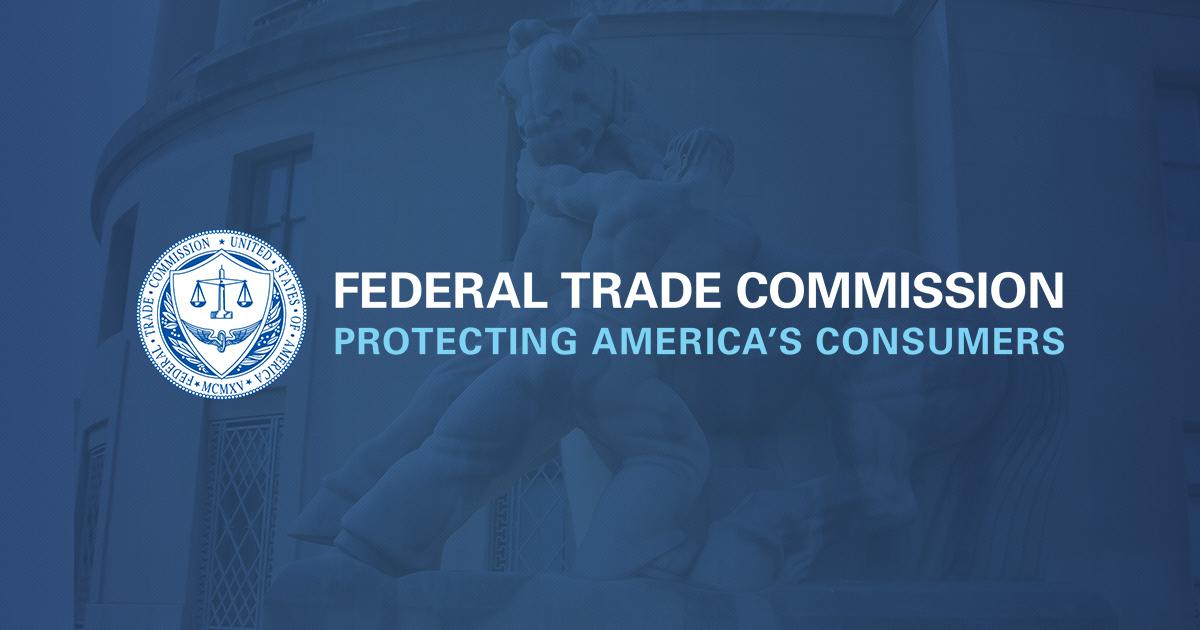The marketers of a dietary supplement called Procera AVH will relinquish $1.4 million under settlements resolving Federal Trade Commission charges that they deceived consumers with claims that the supplement was clinically proven to significantly improve memory, mood, and other cognitive functions.
Under the terms of the settlements, the defendants will pay $1 million to the FTC, and another $400,000 to satisfy a judgment in a case brought by local California law enforcement officials. They also will be barred from making similar deceptive claims in the future and from misrepresenting the existence, results, or conclusions of any scientific study.
“The defendants in this case couldn’t back up their claims that Procera AVH would reverse age-related mental decline and memory loss,” said Jessica Rich, Director of the FTC’s Bureau of Consumer Protection. “Be skeptical of ads promising quick and easy cures.”
According to the FTC’s complaint, the defendants marketed and sold Procera AVH as a “solution” to memory loss and cognitive decline, including as associated with aging. The defendants advertised the product using infomercials, direct mail flyers, newspapers, and the Internet.
In one newspaper ad for the product the headline stated: “Memory Pill Helps the Brain Like Prescription Glasses Help the Eyes … Remarkable changes observed, helps users match the memory power of others 15 years younger in as little as 30 days!”
The cover of a multi-page direct mail ad was called a “Special Edition” of the “Physician’s Mind and Memory Alert.” Inside the text stated: “The thought of being a prisoner in one’s own home, or being unable to recall who you are, where you live, or to whom you are related is sending forgetful baby boomers and retirees scrambling for a solution.” The ad then promoted Procera AVH as “the memory pill preferred by many doctors.”
Procera AVH typically cost $79 per bottle, or $119 for three bottles for consumers who signed up for the continuity purchase plan and agreed to get automatic refills.
The complaint names KeyView Labs, Inc., Brain Research Labs, LLC, George Reynolds (a/k/a Josh Reynolds), John Arnold, and three related companies.
The Commission’s complaint alleges that efficacy claims for Procera AVH were false, misleading, or unsubstantiated and that the defendants falsely claimed that a scientific study proved the products efficacy. The complaint also charges Reynolds, the founder and chief science officer of Brain Research Labs, with making deceptive expert endorsements for Procera AVH.
The two proposed settlement orders against the defendants impose a $61 million judgment against KeyView and a $91 million judgment against the remaining defendants.
The judgments direct the defendants to pay $1 million to the FTC, and an additional $400,000 to satisfy a judgment obtained by local law enforcement in Santa Cruz, California against Brain Research Labs and Reynolds. If the $400,000 is not paid to satisfy the Santa Cruz judgment, it is immediately due to the Commission. Once the $1.4 million is paid, the judgments will be suspended.
The Commission votes approving the complaint and two proposed stipulated final orders were each 5-0. The orders are subject to court approval. The FTC filed the complaint and proposed orders in the U.S. District Court for the Central District of California.
NOTE: The Commission files a complaint when it has “reason to believe” that the law has been or is being violated and it appears to the Commission that a proceeding is in the public interest. Stipulated final orders have the force of law when approved and signed by the District Court judge.
The FTC is a member of the National Prevention Council, which provides coordination and leadership at the federal level regarding prevention, wellness, and health promotion practices. This case advances the National Prevention Council’s goal of increasing the number of Americans who are healthy at every stage of life. These cases are part of the FTC’s ongoing effects to protect consumers from misleading advertising.
The Federal Trade Commission works for consumers to prevent fraudulent, deceptive, and unfair business practices and to provide information to help spot, stop, and avoid them. To file a complaint in English or Spanish, visit the FTC’s online Complaint Assistant or call 1-877-FTC-HELP (1-877-382-4357). The FTC enters complaints into Consumer Sentinel, a secure, online database available to more than 2,000 civil and criminal law enforcement agencies in the U.S. and abroad. The FTC’s website provides free information on a variety of consumer topics. Like the FTC on Facebook, follow us on Twitter, and subscribe to press releases for the latest FTC news and resources.

